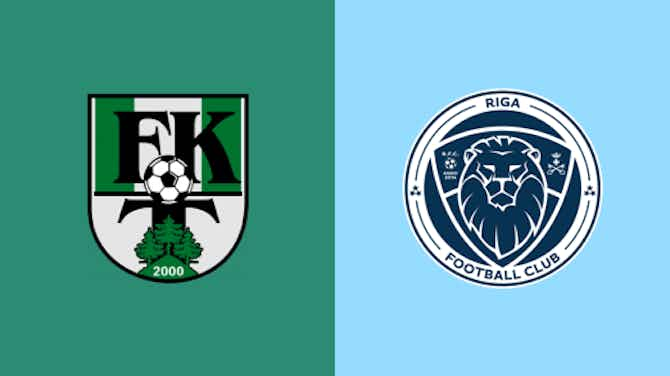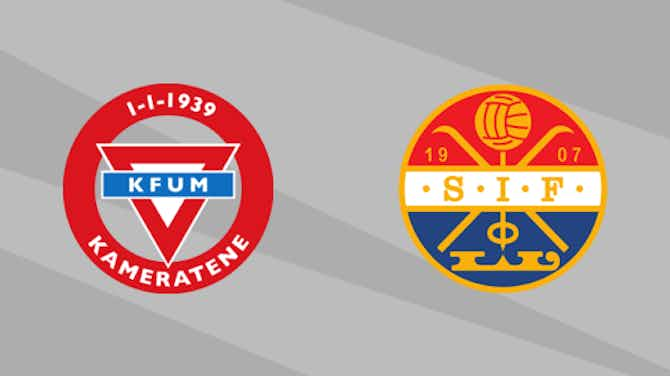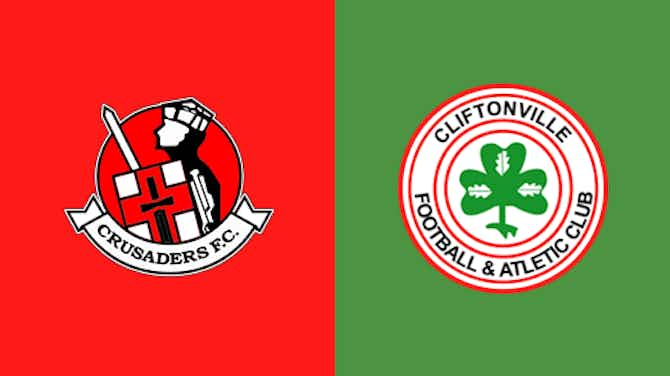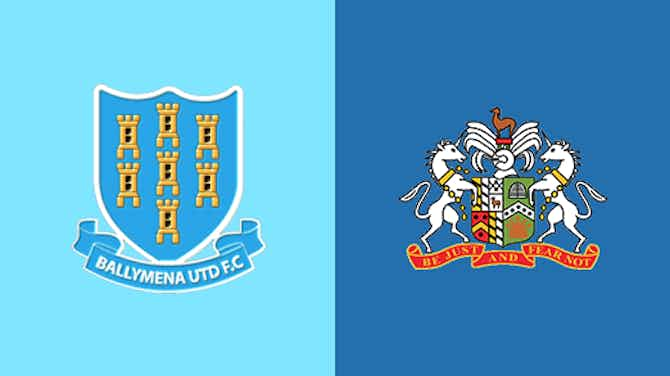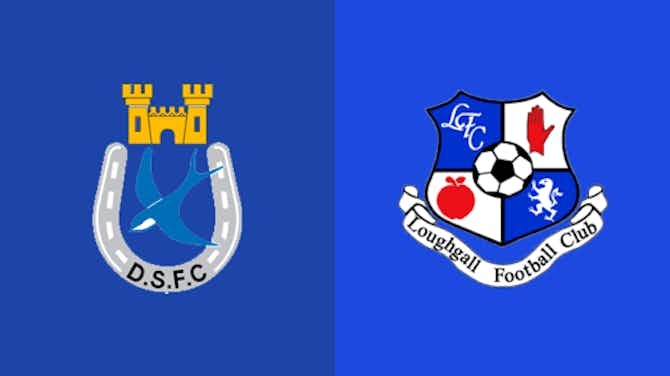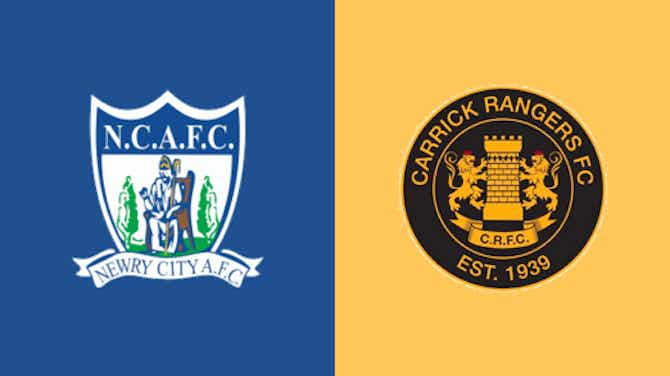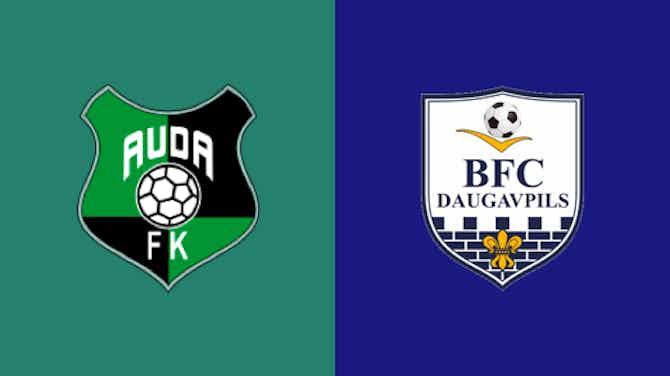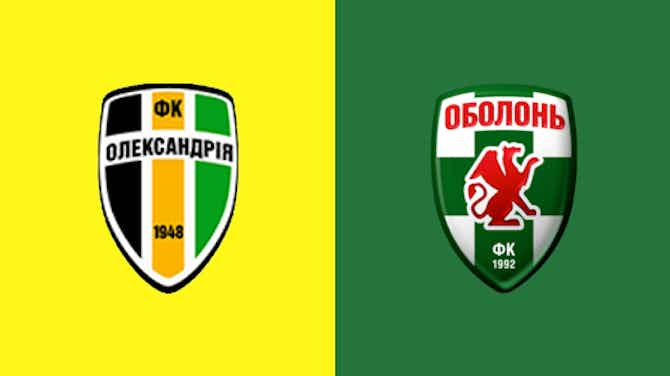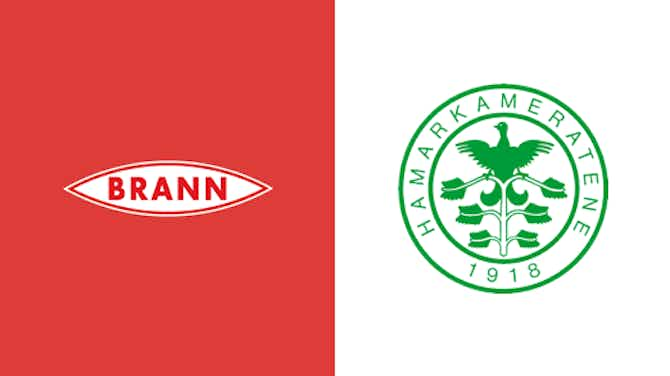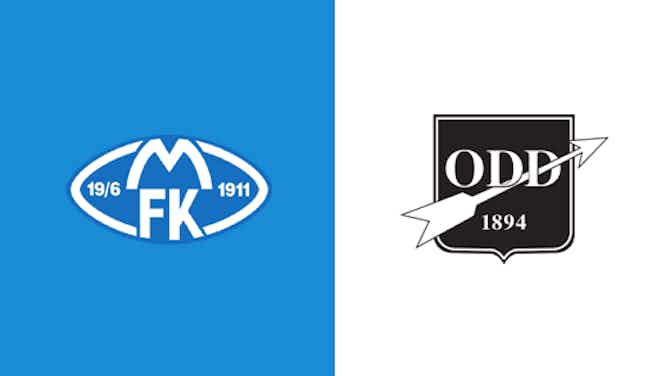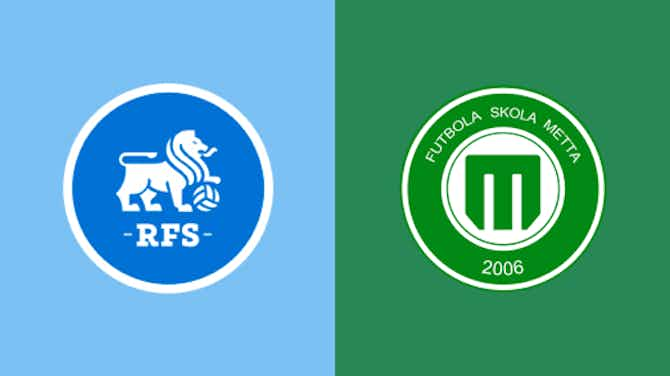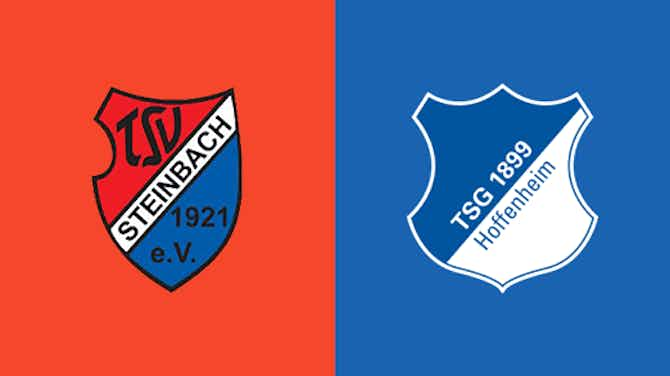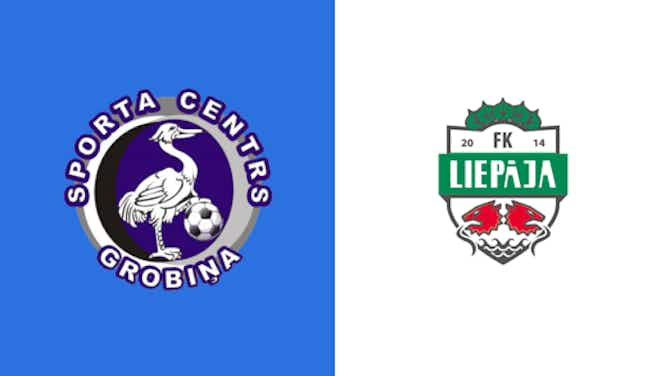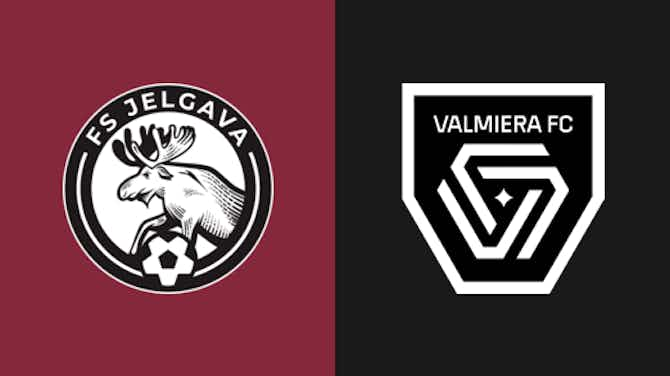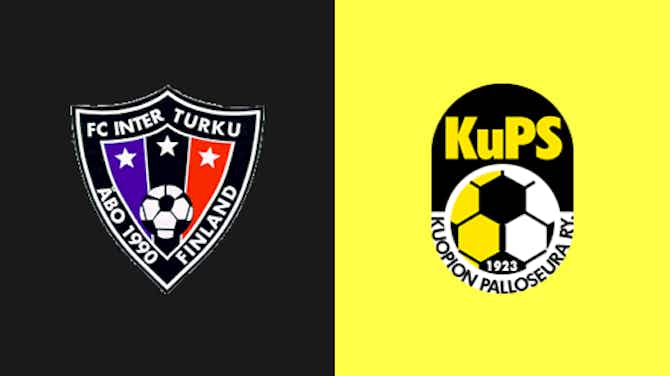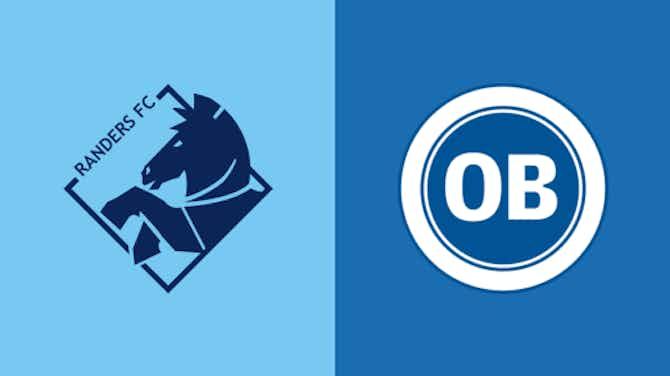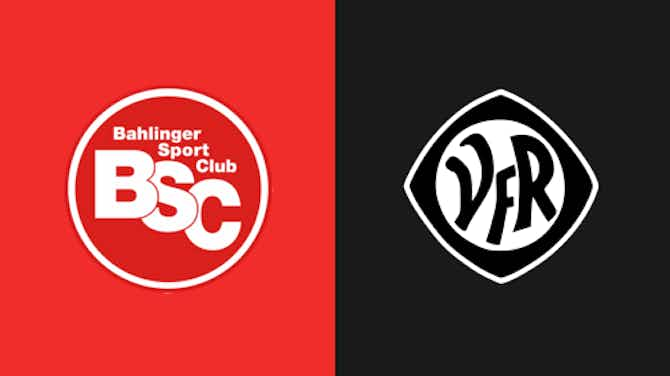Barca Universal
·22 June 2021
Three players who can replace Ousmane Dembele at Barcelona

Barca Universal
·22 June 2021

The 2020/21 season was a one marred with a disproportionate amount of highs and lows for Ousmane Dembélé. While having played the most minutes he has ever had in a Barcelona shirt, marred with inconsistency and a host of perfunctory performances, the campaign came to an end with little worth reminiscing.
The World Cup winner has fallen victim to yet another injury layoff, signalling the premature end to his Euro journey with Les Bleus. The length of the injury suggests he is going to be out for two to three months, and with preseason not too long away, he might just have a slow start to the next season.
Over the course of the past few weeks, reports have been relayed by various media outlets, suggesting that the Barça #11 has held clandestine talks with Juventus. Given his contractual situation, the Bianconnneri might make a foul swoop for the winger in the summer of 2021, acquiring him absolutely free of charge. These rumours, coupled with the fact that he has stalled negotiations with the Catalan giants, is enough to raise eyebrows on his immediate future, pushing them to offload him this summer.
In this article, Barça Universal compiles a list of three players who, while not rumoured with the club (yet), might serve as perfect replacements for the 24-year-old, should he make his odyssey from Catalunya. The criteria includes players who are primarily wingers, and preferably play on the right flank, or can make a seamless transition. Additionally, these players could be available for €50 million or less this summer itself.
Probably the best player Barcelona can target to replace Ousmane Dembele at Barcelona is Raphinha Dias Belloli from Leeds United. In perhaps the most bizarre of transfers the French side had to make, Rennes sold the Brazilian just six games into the season. By then, he had two assists and a goal to his name. Leeds wasted no time turning the recently departed player into an integral part of their swashbuckling system.
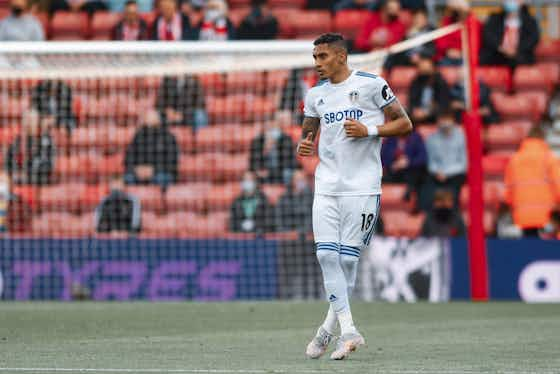
The 2020/21 season has been rather kind to him, with seven goals and eleven assists to his name over the course of his blistering campaign. A man boasting great impetus, the Brazilian is a treat to watch and an invaluable cog in Marcelo Bielsa’s machine.
Owing to his relatively small stature, Raphinha is quite the dribbler. His size allows him balance and pace, while his flair on the ball works in symbiosis with sheer pace and drive while carrying it. Owing to his agility, the Brazilian averages 2.4 dribbles per game, from 4.75 attempted, ranking in the 79th and 88th percentile in the respective metrics, naturally ranking him among the best in the Premier League.
On average, he will run past an average of 2.6 players per game, and while on the surface this may seem small, it is better than 80% of all wingers in Europe.
More than merely dribbling, it is the result of this that counts and Raphinha volume of dribbles is more than justified. His insatiable hunger to attack the penalty area, be it through the left or right side of the pitch, has him carrying the ball vertically and into the penalty area more than most.
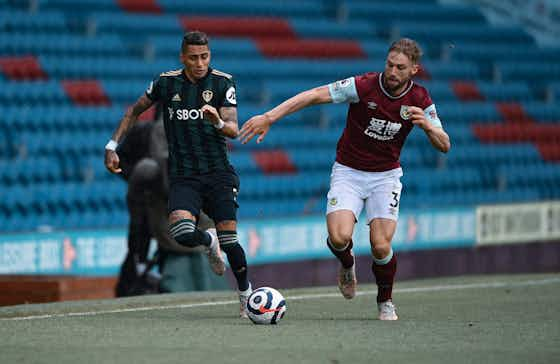
Last season he consistently averaged six progressive carries per game for Leeds, one of which would be inside the penalty area itself. In tight spaces, either through a body swerve or a cheeky nutmeg, one can always be certain that he will conjure something up. A true testament to his creativity and confidence on the ball.
Raphinha dominates the right flank, though he is versatile and dextrous enough to play both in the central areas and the opposite wing. He has consistently shown that regardless of the situation at hand, creating a goalscoring opportunity is a skill that comes naturally to him.
The Brazilian is just as lethal from dead-ball situations as he is from open play. He averages 5.4 dead ball passes per game, ranking him in the 87th percentile in Europe. In an almost trademark move, Raphinha will drift into the halfspaces to cross the ball into the box, and be it from the left or right, his well-crafted passes regularly find their way to their intended targets.
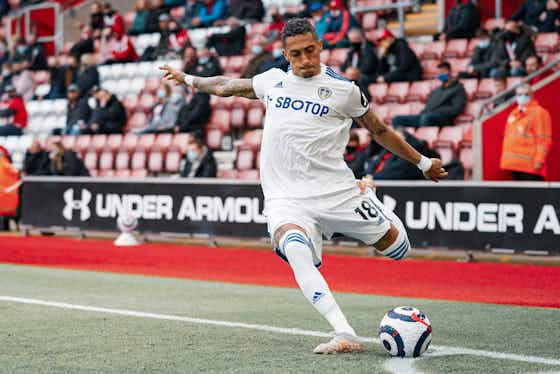
Given his more direct approach, he hastens play by making a plethora of long balls, with a success rate of around 50%. When it comes to lacerating the opposition backline, the Brazilian plays a through ball every three or so games but with maximum efficiency.
As a creative player, the winger easily ranks among the best in his side. He has recorded 11 assists, and more encouragingly, 10.8 Expected assists, both top of the Leeds United charts. Raphina can easily replicate his numbers (if not improved upon), as his methods of chance creation are sustainable over the long term. Given his frequency, in creating chances, one can expect an assist every three games, which over the course of an entire season could bring him 13 or 14.
His shooting is one area in need of improvement. His numbers, while nothing out of the ordinary, aren’t deplorable either. The 24-year-old scored six goals at 6.2 xG, and much like his assist tally, these numbers are indeed sustainable.
Raphina also fashions up 2.55 shots per match which, had he been at Barcelona, would be the sixth-highest tally. Half his shots end up hitting the target, which on its own is a commendable return, with the only issue being that he doesn’t make more attempts at goal. Once this is improved, he could easily, and thanks to his methods of chance creation, consistently, have double digits in both goals and assists every season.

Standing in a long list of Portuguese players at Wolverhampton Wanderers, Pedro Neto is nothing short of a star in the making. Through his delicious left foot, the 21-year-old has made quite a name for himself in the English Premiership. He dominates the left-wing, though he is dextrous enough to stake his claim on the right flank if ever the team needs him.
Unlike some wingers, who excels by creating chaos, Pedro Neto substitutes flashiness for an effective and calculated approach to the game. As an individual, he is more direct in his play, seeking to isolate defenders and make a plethora of carries into the attacking third. By drifting into the halfspaces, he creates central overloads from which he can either take a shot at the goal or offer himself up as a creative output for the team.
At just 5 feet and 8 inches, his low centre of gravity ensures he remains stable when making a run with the ball. While he makes just 2.61 dribbles per match, which itself is above that of Jack Grealish of Aston Villa (2.10), he makes a whopping ten carries per match. His brilliance, equanimity, pace and dexterity, in addition to his offensive approach to games, make for quite the winger.
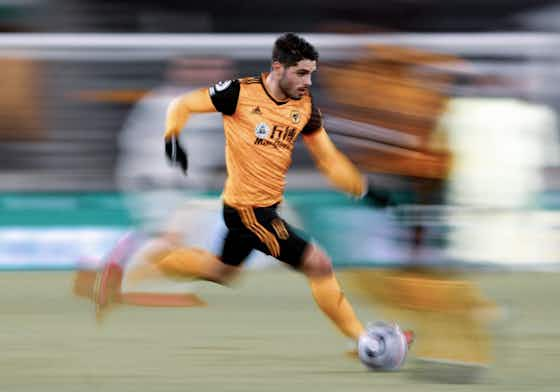
In the entirety of the Wolves dugout, Pedro Neto is the prime source of creativity. For players with more than 500 minutes under their belts, he tops the charts for key passes per game, assists and expected assists.
He provided six assists at 6.2xA. The frequency of key passes has him safe and secure in the 81st percentile among fellow wingers, while his xA has him in the 73rd. Ousmane Dembélé ranks several places higher in both metrics, however, the disparity in levels of the players’ respective clubs might suggest that should he make a trip 800 miles South of Wolverhampton, all his numbers could (and should) see an incremental upgrade.
His unpredictability from both flanks adds to the appeal. Whether on the left or right, the Portuguese consistently displays his pristine ability to assess and take command of the situations at hand. He averages 4.36 crosses per match in the Premier League, which itself puts him in the 98th percentile among wingers and forwards alike; twice as good as even Lionel Messi in this facet of his play in volume.
Moreover, he has the ability to bend his shots brilliantly, coming up with five goals in the Prem this season while averaging 0.7 shots on target each game. These numbers can definitely be ramped up if he is played on the right side, and given the creative freedom to cut in.
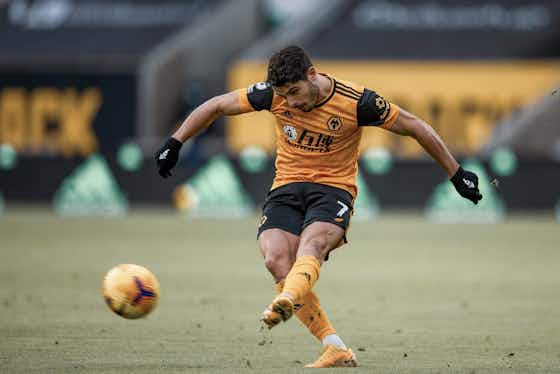
In his general attacking play, Neto has roughly four shot-creating actions per game, though, to his dismay, they have amounted to a measly 0.32 goal creating actions per match. Regardless of the fact that his expected and actual goal contributions match up, he would be justified in feeling disappointed in his teammates, who fumble a number of the clear cut chances he presents them.
Having arrived at Ajax from Sao Paulo, not many knew what to expect from Antony Dos Santos. He had shown promise in the Campeonato Brasileiro Série A, but his raw style of play, coupled with his relatively young age, both were reason to foster an air of uncertainty around him.
In his debut season with the Dutch champions, such has been the upward trajectory that the Brazilian has seen himself linked with English giants in Chelsea and Arsenal. The left-footer had a stellar season with De Godenzoden, netting 8 times whilst providing assists in equal measure. He is primarily — and almost exclusively — a left-footed player, capable of performing both on the left and right flanks for his side as a classic and inverted winger.
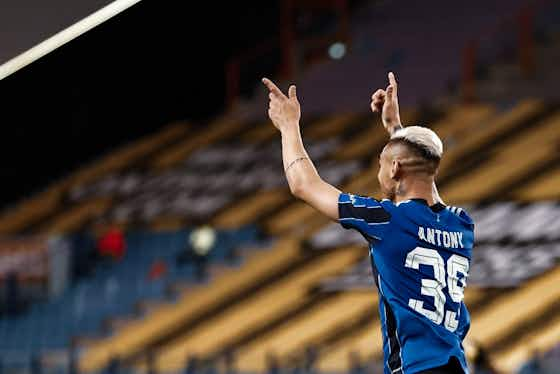
His bountiful levels of confidence have seen him flourish in Ajax’ system, with his instinctive and equally entertaining style of play.
Standing at just 5’9″, Antony is of the archetypical minuscule build and stature that has come to be associated with Barcelona. In large part, thanks to this, he has a low centre of gravity, which gives him the added bonus of instantly shifting direction, evading defenders at the first sign of danger.
His quick feet create an endless amount of chaos in opposition backlines, as in spite of his more disciplined football under Eric Ten Haag, he remains a headache for opposition defences. He boasts flair on the ball but, at the same time, an inspiring level of maturity.
As a winger, Antony excels in the first and most basic of responsibilities, making the pitch as wide as fathomable. Through his spatial awareness and intelligence in optimising spaces, the Brazilian isolates himself, almost hugging the touchline. The effect this has on the dynamics of play is the rooting of the opposition fullbacks out wide, maximising spaces in the central zones, which either he or his teammates will routinely exploit.
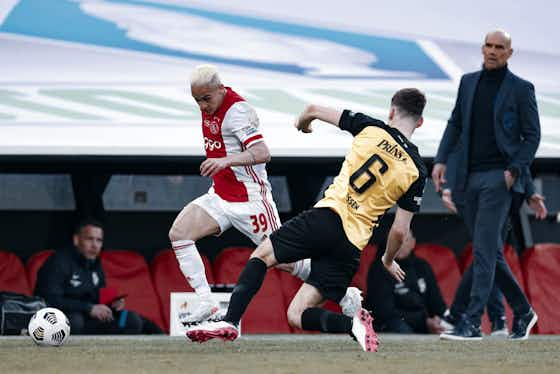
Antony juxtaposes the finesse and flair of his dribbling with his explosiveness when running at defenders. Never one to shy away from a run with the ball at his feet, he averages 8.53 dribbles per game, demonstrating his exuberance in the craft. He also makes roughly three progressive runs per 90, evidence of his constant desire to advance vertically into the offensive regions of the pitch. Such runs create numerous positional superiorities on the ball, a facet integral to the positional play.
Boasting eight goals and eight assists at just 21 years of age is no simple task. Unfortunately for him, his numbers reek unsustainability. He averages 0.5 goals per game, which in and of itself is highly commendable, but at a measly expected goals value of 0.22 per match. This essentially means that he has more than twice outscored what one would expect, given the quality of chances he fashions himself. Rarely ever are people exceptions to the rule, and such an output in goals is doomed to fall apart eventually.
His attacking style is in dire need of fine-tuning and so too his decision-making abilities. The Brazilian tends to drift inside from the right-wing and whip shots into the far post. His methods are far from what one would refer to as optimal, as he constantly relies on the luck that the attempt at goal won’t make contact with any rivals (or teammates too for that matter).
To his credit, Antony’s finishing is at blisteringly high levels, though this is something he needs to work on should he make the step up to some of the top teams in Europe’s top 5 leagues, lest someone regret their purchase.
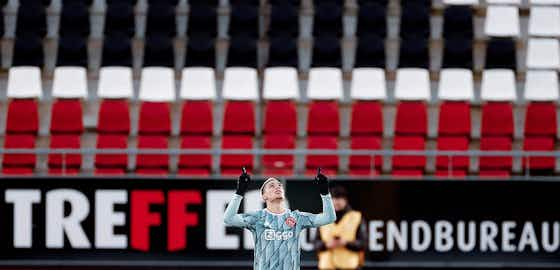
His creative numbers have much of the same issue, as even there he is doomed to see a significant dip in his overall output eventually. After all, he has eight assists from half the expected assists, which could only imply that the finishing from his forwards is at astronomical levels. Through Antony’s dribbling, he engineers space for himself to dart into, opening up his rivals for either a through ball or a cross and effectuating them to devastating effect.
His main flaw here is his infrequency. A higher number of key passes via crosses from the dangerous areas he puts himself in will naturally result in a higher chance of making goal-scoring opportunities.
Antony has 2.9 shot-creating actions per 90, placing him in just the 39th percentile in said metric. For context, Ousmane Dembele averages 4.1, which puts him in the top 16% of chance creators in all of Europe’s leagues.
While Ousmane Dembélé has served Barcelona to the best of his ability, there is a growing sense of discontent towards the player, in large part due to the sheer stagnation in his play. Four years since his arrival, Cúles continue to complain about and criticize the same issues which he is either incapable of or indifferent about fixing.
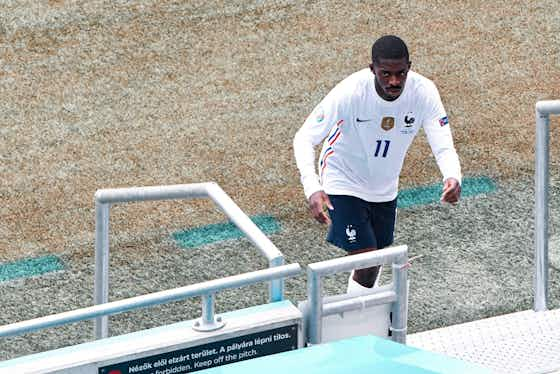
Now following yet another injury and potential surgery, which could rule him out for well over four months, one camp of Barça fans would now be more than happy to part ways with the Frenchman; and understandably so.
He has just but a year left on his contract, and if he is unwilling to extend it beyond 2023, the club should look elsewhere, and these three would be a good place to start.
